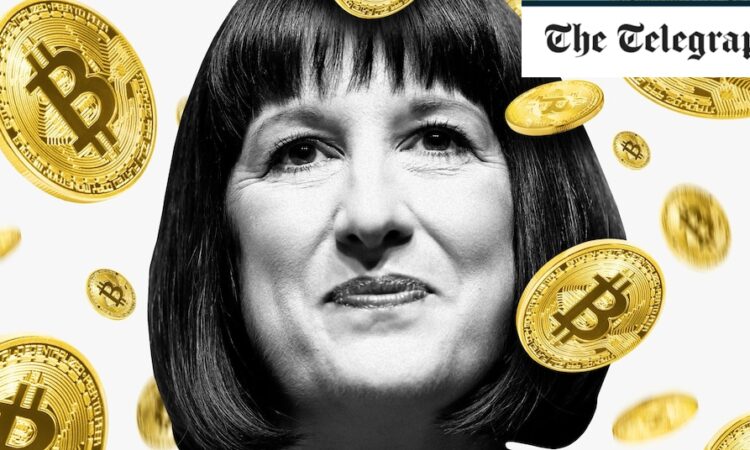
Even by government standards £3bn is a substantial amount of money. In terms of last financial year’s spending, it is almost 5pc of the defence budget, 8pc of the housing and environment budget, or 6pc of the public order and safety budget.
Labour needs to find money to fund its ambitions of improving education, lowering crime and giving the NHS a boost among other things. An additional £600m a year over its current term would not go amiss.
If Ms Reeves misses an opportunity to sell our Bitcoin for £3bn while she has the chance and the asset’s price plummets, how will she be able to look the taxpayer in the eye and justify future raids on their finances?
Jason Hollands, managing director at tax firm Evelyn Partners, said: “This is clearly a very different set of circumstances from the gold reserves that were legitimately built up by the UK, that Gordon Brown then chose to sell off in 1999 with the aim of diversifying the UK’s reserves, which proved unwise with the benefit of hindsight.”
Mr Hollands also suggested that further crypto windfalls are a possibility.
“Criminals use cryptocurrencies to move large sums of money rather than the formal banking system where suspicious transactions are monitored and reported,” he said.
“We may well see increasing sums of cryptocurrencies seized over time, which, if they cannot be traced back to victims, are going to find themselves sold off to then fill the public coffers. Successful confiscations of significant sums could provide a surprise boon to the UK’s creaking public finances.”
Should the Government own a small amount of Bitcoin?
While there is a strong case for selling Bitcoin at its current price, getting rid of it all could prove shortsighted. For many who have bought and held Bitcoin since its inception in 2009, their investment has been profitable – the currency is about 10pc below its all-time high.
For some investors, Bitcoin’s rally is only just getting started. The asset is scarce by design: there is a maximum supply of 21 million, of which almost 20 million are already in circulation. Bitcoin “miners” can earn the currency by providing computing power to maintain the blockchain, a public ledger of transactions.
The amount of Bitcoin given to miners as a reward for running the blockchain is divided in two every four years – this event is known as the “halving”, after which the cryptocurrency tends to enjoy a rise in value.
It’s impossible to predict where Bitcoin’s price will go next with even a mild degree of certainty.
But given the cryptoasset’s resilience over the past decade – and the harsh lessons inflicted on previous chancellors that with, the benefit of hindsight, have been too trigger happy – retaining even a small number of the Bitcoin that the Treasury may soon find itself in possession of could go down as a stroke of genius in years to come.






